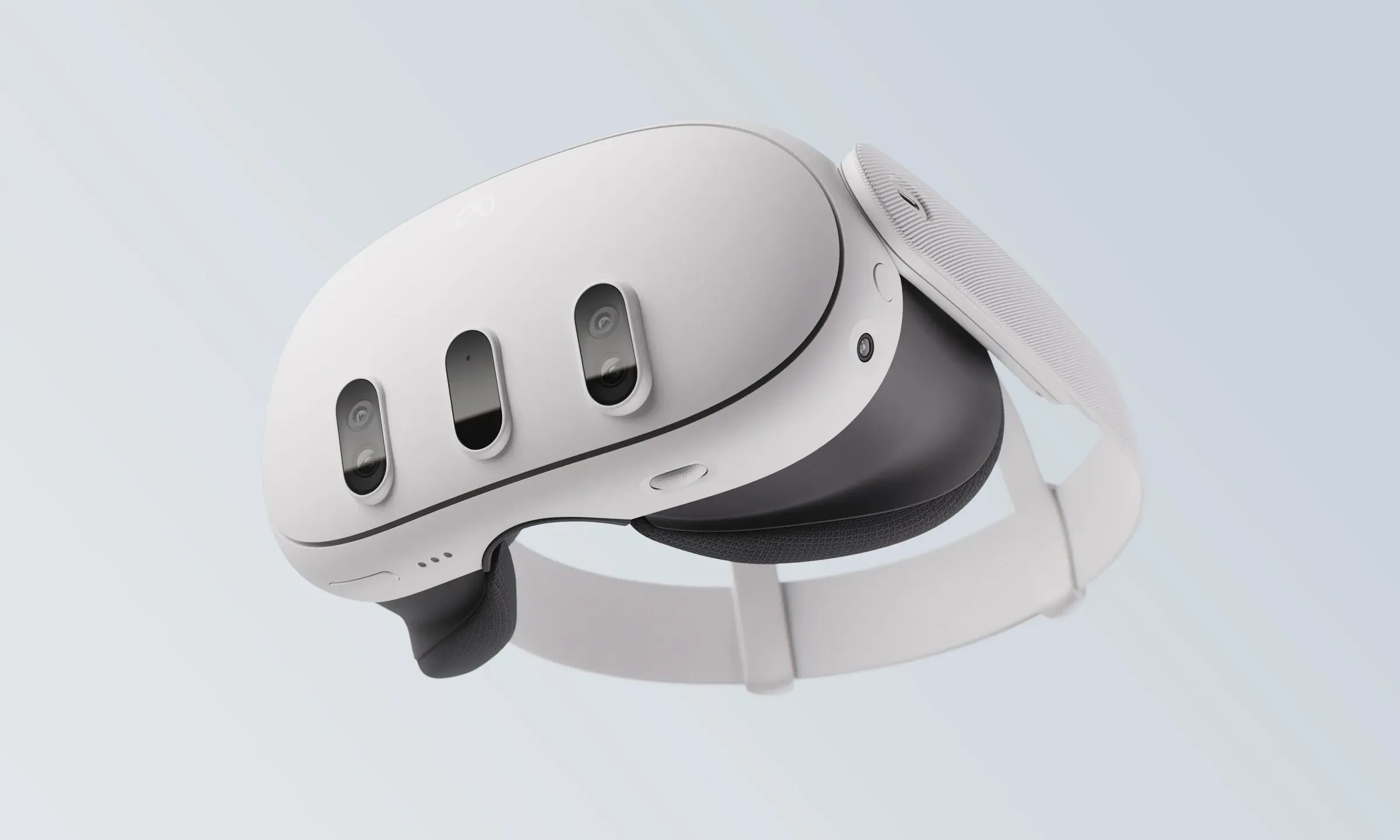In a surprising turn of events, Meta, the parent company of Oculus Quest, has reportedly turned down a partnership offer from Google that would have brought Android XR, a version of Android optimized for extended reality (XR) devices, to the Quest platform. This decision highlights the competitive dynamics and strategic considerations at play in the rapidly evolving XR market.
Key Highlights:
- Meta declined Google’s proposal to integrate Android XR into the Quest ecosystem.
- Google’s Android XR platform is aimed at powering a range of XR devices, including Samsung’s upcoming headset.
- Meta’s CTO revealed that Google refused to bring the Play Store to Quest, impacting the availability of 2D Android apps on the platform.
- Meta continues to sell its Quest headsets at cost or even at a loss, aiming to dominate the lower-cost mass-market segment.
- Samsung announced its collaboration with Google and Qualcomm to work on “extended reality” products, indicating a strong partnership geared towards advancing XR technologies.
Background and Strategic Implications
Meta’s rejection of Google’s partnership offer sheds light on the competitive tensions and strategic calculations within the XR industry. The decision not to integrate Android XR into Quest suggests Meta’s commitment to maintaining control over its ecosystem and the user experience. However, this move also raises questions about the future accessibility and diversity of apps within the Quest platform, particularly given the limitations around running 2D Android apps.
Meta’s Position and Market Dynamics
Meta’s strategy of selling Quest headsets at a low cost aims to capture a significant share of the XR market by making VR more accessible to a broader audience. However, this approach contrasts with potential partners like Samsung, whose XR headset is expected to be priced around $2,000, targeting a different market segment. The refusal to partner with Google on Android XR also highlights Meta’s ambition to build its own software development platform and suite of applications, despite the challenges and quality issues currently facing the Quest system software and mobile app.
The Future of XR Platforms
The XR industry is at a crossroads, with major tech companies like Meta, Google, and Apple vying for dominance. Google’s development of the Android XR platform, in partnership with Samsung and Qualcomm, signals a concerted effort to create an open ecosystem for XR devices. In contrast, Meta’s decision to go it alone could either solidify its position as a leader in the space or leave it vulnerable to competitors offering more polished and integrated user experiences.
Meta’s rejection of Google’s Android XR partnership offer is a bold move that underscores the company’s desire to control its ecosystem and differentiate its offerings in the crowded XR market. While this strategy could help Meta maintain a competitive edge, it also risks isolating the platform from a broader range of apps and services that could enhance the user experience. As the XR industry continues to evolve, the success of Meta’s approach will hinge on its ability to overcome current challenges and fully realize the potential of immersive computing.







